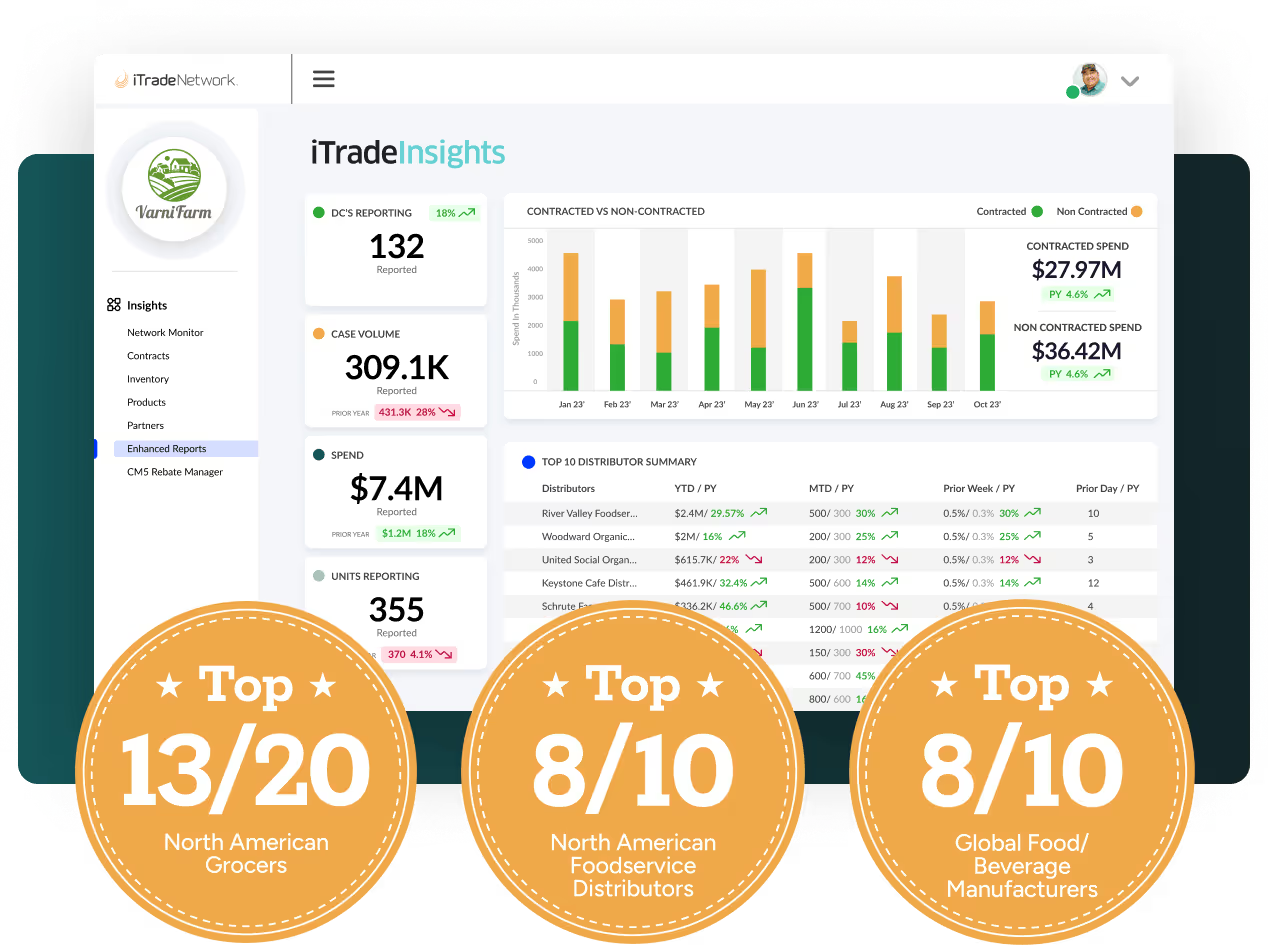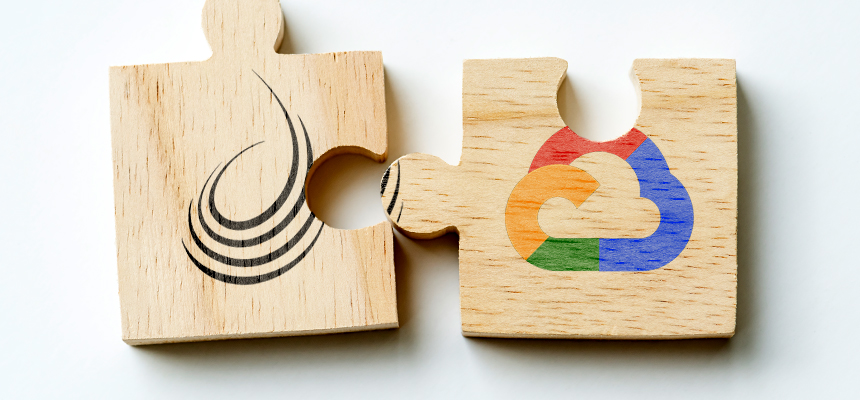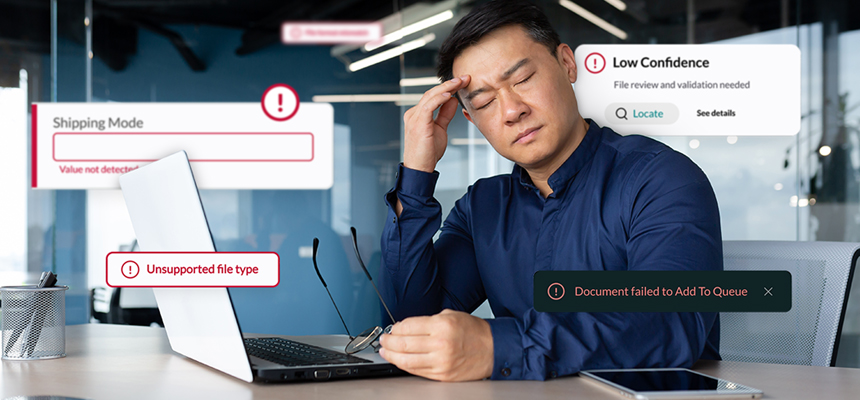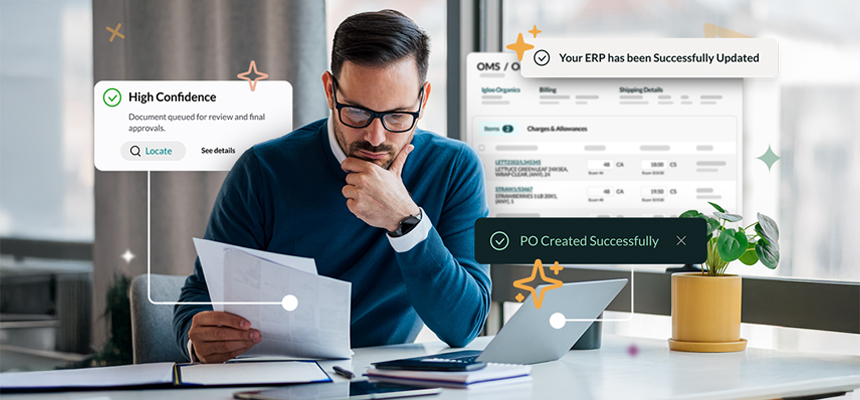Why ERPs Aren’t Enough for Modern Food Supply Chains

Your ERP is a powerful back-office tool—but when it comes to food supply chains, procurement, and traceability, it’s simply not enough.
Most ERP systems are designed to handle internal business functions like HR, accounting, and financial planning—not the complexities of multi-tiered supply chain execution.
If your team is juggling product data mismatches, lost POs, or manual workarounds just to keep orders flowing during or after an ERP upgrade—you’re not alone.
Let’s unpack why ERPs fall short in the last mile of execution, and how iTradeNetwork fills the gaps where it matters most: with supplier connectivity, buyer compliance, and catalog integrity.
The Reality of “EDI-Enabled” ERPs
On paper, many ERP systems claim to support EDI. In practice, this often means relying on direct, one-off integrations between a supplier and each individual retailer.
These custom-coded connections are expensive to build and maintain—and don’t scale easily as buyer requirements evolve.
ERP vendors may offer EDI capabilities, but they prioritize one-to-one integration models that leave suppliers on the hook for coding every variation. That’s risky in a market where buyers often demand unique order formats, shipping logic, and compliance rules.
When ERPs Break Down: The $10M Mistake
Consider the case of a leading U.S. vegetable supplier. After a major ERP consolidation during an acquisition, the company changed its product IDs. This seemingly small shift disrupted the catalog cross-reference structure, resulting in corrupted purchase orders for several of their largest customers.
The fallout was massive:
- $10 million in vendor fines
- Thousands of hours spent manually fixing catalog issues
- Lost trust with key trading partners
Why? Because their ERP couldn’t manage the buyer-specific procurement workflows and data relationships that were critical to business continuity.
ERPs Manage Internal Processes. iTrade Connects External Ones.
ERPs are built for what happens inside your four walls. iTradeNetwork is built for what happens across your entire supply chain.
iTrade acts as your external-facing procurement engine—connecting you to 4,000+ buyers and suppliers through one standardized integration.
Instead of coding a new workflow for every retailer or distributor, iTrade:
- Maintains buyer-specific rules behind the scenes
- Ensures consistent PO and invoice formatting
- Centralizes order status, communication, and data integrity
iTradeNetwork Doesn’t Replace Your ERP—It De-Risks It
Whether you’re switching ERPs, rolling out new business units, or just trying to reduce the risk of buyer fines, iTradeNetwork is your safety net.
Our Catalog Health tools help identify mismatches before they cause errors. Procurement Workflow analysis ensures all buyer-specific rules—from SKU handling to invoice routing—are preserved through the transition.
With iTrade, you can:
- Automatically map old SKUs to new ones—even for in-flight POs
- Maintain trading partner relationships without custom re-coding
- Route invoices and shipments correctly, even during system cutovers
Don’t Let Your ERP Become a Liability
If you're relying solely on your ERP to manage procurement across the modern food supply chain, you’re taking unnecessary risks.
iTradeNetwork doesn’t compete with your ERP—it complements it by covering the last-mile challenges your ERP was never built to solve:
- Trading partner standardization
- Catalog and data integrity
- Procurement-specific compliance
- Real-time order collaboration
Let us help you make your next system upgrade smooth, safe, and scalable.
Schedule a Procurement Health Check Today.
Speak to an Expert
Take a closer look at the platform built for buyers and their trading partners

Why ERPs Aren’t Enough for Modern Food Supply Chains
Your ERP is a powerful back-office tool—but when it comes to food supply chains, procurement, and traceability, it’s simply not enough.
Most ERP systems are designed to handle internal business functions like HR, accounting, and financial planning—not the complexities of multi-tiered supply chain execution.
If your team is juggling product data mismatches, lost POs, or manual workarounds just to keep orders flowing during or after an ERP upgrade—you’re not alone.
Let’s unpack why ERPs fall short in the last mile of execution, and how iTradeNetwork fills the gaps where it matters most: with supplier connectivity, buyer compliance, and catalog integrity.
The Reality of “EDI-Enabled” ERPs
On paper, many ERP systems claim to support EDI. In practice, this often means relying on direct, one-off integrations between a supplier and each individual retailer.
These custom-coded connections are expensive to build and maintain—and don’t scale easily as buyer requirements evolve.
ERP vendors may offer EDI capabilities, but they prioritize one-to-one integration models that leave suppliers on the hook for coding every variation. That’s risky in a market where buyers often demand unique order formats, shipping logic, and compliance rules.
When ERPs Break Down: The $10M Mistake
Consider the case of a leading U.S. vegetable supplier. After a major ERP consolidation during an acquisition, the company changed its product IDs. This seemingly small shift disrupted the catalog cross-reference structure, resulting in corrupted purchase orders for several of their largest customers.
The fallout was massive:
- $10 million in vendor fines
- Thousands of hours spent manually fixing catalog issues
- Lost trust with key trading partners
Why? Because their ERP couldn’t manage the buyer-specific procurement workflows and data relationships that were critical to business continuity.
ERPs Manage Internal Processes. iTrade Connects External Ones.
ERPs are built for what happens inside your four walls. iTradeNetwork is built for what happens across your entire supply chain.
iTrade acts as your external-facing procurement engine—connecting you to 4,000+ buyers and suppliers through one standardized integration.
Instead of coding a new workflow for every retailer or distributor, iTrade:
- Maintains buyer-specific rules behind the scenes
- Ensures consistent PO and invoice formatting
- Centralizes order status, communication, and data integrity
iTradeNetwork Doesn’t Replace Your ERP—It De-Risks It
Whether you’re switching ERPs, rolling out new business units, or just trying to reduce the risk of buyer fines, iTradeNetwork is your safety net.
Our Catalog Health tools help identify mismatches before they cause errors. Procurement Workflow analysis ensures all buyer-specific rules—from SKU handling to invoice routing—are preserved through the transition.
With iTrade, you can:
- Automatically map old SKUs to new ones—even for in-flight POs
- Maintain trading partner relationships without custom re-coding
- Route invoices and shipments correctly, even during system cutovers
Don’t Let Your ERP Become a Liability
If you're relying solely on your ERP to manage procurement across the modern food supply chain, you’re taking unnecessary risks.
iTradeNetwork doesn’t compete with your ERP—it complements it by covering the last-mile challenges your ERP was never built to solve:
- Trading partner standardization
- Catalog and data integrity
- Procurement-specific compliance
- Real-time order collaboration
Let us help you make your next system upgrade smooth, safe, and scalable.
Schedule a Procurement Health Check Today.
Unlock It Now!





